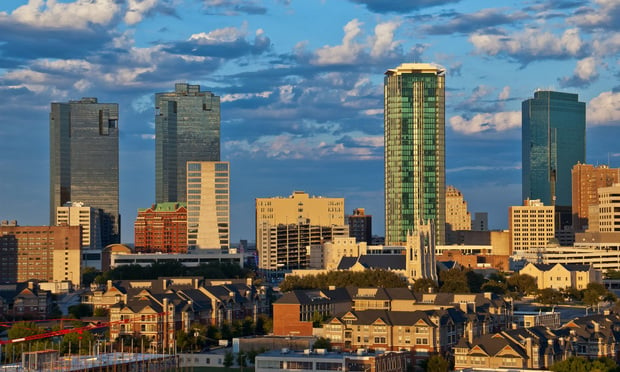The average vacancy level among four main submarkets in the area's 29.4-million-sf inventory is at 7%. No new major developments will be surfacing this year, but a total 1.3 million sf of various projects are nearing completion. Absorption totaled 361,000 sf in 2002. The available rent range is $8.89 per sf to $14.70 per sf.
"The market has held remarkably strong, despite concerns over a troubled economy and terrorism," Trammell Crow senior vice president John M. Crossman tells Globest.com. "Tourism numbers were down, but remained steady all year, with some healthy spikes during peak seasons." The opening of the $250 million Mall (1.3 million sf) at Millenia and the expansion of the Florida Mall to 1.6 million sf during 3Q 2002 increased some tourist interest in Central Florida, Crossman says.
"Look for Downtown Orlando retail to make a strong comeback with a resurgence at Church Street Station, the development of the City View project at Division Avenue and Church Street, and additional announcements in Thornton Park Central," Crossman says.
He predicts North International Drive "will continue to struggle with increased competition from the Mall at Millenia and the slowdown of tourism." If sales continue to sag at I-Drive locations, "some centers may eventually be redeveloped into timeshares," Crossman says.
Neighborhood, grocery-anchored shopping centers "will continue to stay in the lead as the hottest investment property" in Florida, largely due to stock-market fears and a down office market, the broker says. "Investors have had negative returns for three years [in the stock market] and are looking for assets that are stable with some grown," Crossman says. "Grocer-anchored neighborhood centers make sense [to investors] because even in a down markets, people need to buy groceries."
High vacancies at some office projects concern many investors. By comparison, retail assets have remained stable, the broker says. In the short term, neighborhood centers "will continue to see record capitalization rates."
For example, in 2002, at least four neighborhood centers were sold with cap rates of 10% or more. The five-year-old, 29,747-sf 10000 University Boulevard Shopping Center carried a cap rate of 12% on a sale of $2.35 million. The 23-year-old, 90,400-sf University Square Shopping Center had a cap rate of 13.10% when it sold for $3.1 million. The 23-year-old, 75,500-sf Curry Ford East Shopping Center was sold for $3.1 million and had a cap rate of 12.75%. And the 19-year-old, 68,631-sf Forest Edge Plaza went for $3.47 million and a cap rate of 10%.
"Over 50% of transactions [in 2002] involved the sale of grocer-anchored neighborhood centers," Crossman tells GlobeSt.com. Publix Supermarkets Inc. of Lakeland, FL led the field with seven transactions.
The average price per sf was $81.83, an 8% drop from $89.11 in 2001. "However, this price still proves to be strong when compared to a price of under $70 [per sf] in 1999 and 2000," the broker says.
To encourage new development at his Avalon Park community in east Orange County, developer Beat Kahli is offering entrepreneurs equity loans up to $12,500 to break ground at his site. He has budgeted up to $1.25 million for the loans.
C. Whitney Knoll, senior vice president of Crow's Atlanta retail division, and Amy Young, an associate in Crow's Orlando office, worked with Crossman in preparing the retail report.
© Touchpoint Markets, All Rights Reserved. Request academic re-use from www.copyright.com. All other uses, submit a request to [email protected]. For more inforrmation visit Asset & Logo Licensing.






